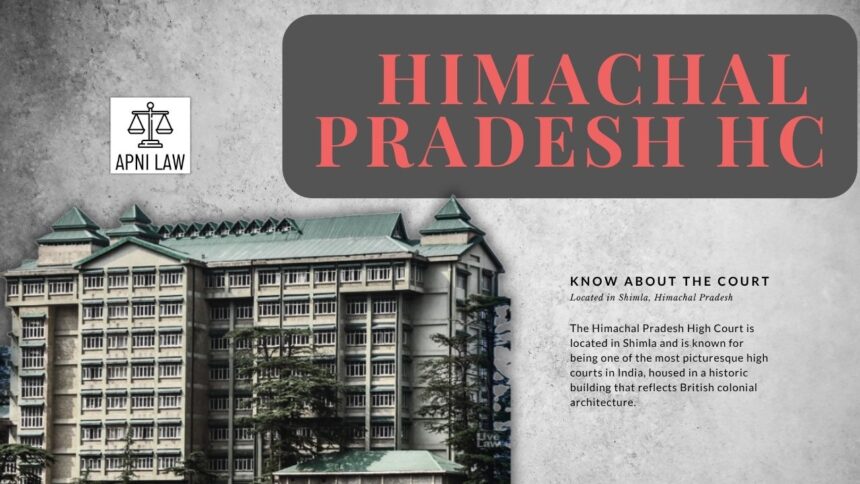Introduction
In a recent decision, the Himachal Pradesh High Court made clear that a victim of a motor-vehicle accident cannot, by any act or agreement, waive the right of their dependents to seek compensation under Section 166 of the Motor Vehicles Act. The ruling reinforces the protective purpose of the statute, to ensure relief to dependents and not allow the deceased’s rights to be circumvented.
Facts of the Case
The case involved a fatal road accident in which the deceased had suffered injuries and subsequently died. On record there emerged an agreement or a purported waiver by the deceased during his lifetime, which the insurance company and/or opposing party relied upon to argue that his dependents were precluded from claiming compensation. The claim petition was filed under Section 166 of the Motor Vehicles Act and the dependents sought relief for loss of dependency. The insurer contended that since the deceased had earlier waived or compromised his rights, the dependents’ claim must fail. The High Court, however, took up the matter to determine whether such a waiver was legally effective to bar the claim.
What the Court Says
The Bench held that the Motor Vehicles Act is beneficial legislation, enacted for the welfare of the dependents of victims of motor-accidents. Accordingly, it directed that any interpretation of its provisions must aid in realising its object, not undermine it. The Court reasoned that even if the deceased purported to waive his rights, the dependents are the rightful claimants under the Act and they cannot be deprived of their statutory entitlement by virtue of a private arrangement made by the deceased. The Court observed that the notion of a waiver by the deceased is inconsistent with the legislative scheme which vests the claim in the dependents, who step into the shoes of the deceased’s legal representatives. Thus, the court held that any such waiver or agreement prior to death will not operate to extinguish or diminish the statutory right of the dependents to claim compensation.
Implications
The decision has strong implications for motor-vehicle claims practice. Firstly, it clarifies that insurers and defence counsel cannot rely on a pre-death waiver or settlement by the deceased to deny liability to the dependents. Secondly, it strengthens the eligibility of dependents to press claims under Section 166 despite obstacles allegedly created by the deceased’s prior actions. Thirdly, for claimants it underlines that the fundamental right to seek compensation is independent of the deceased’s own choices, dependents must be treated as distinct beneficiaries under the Act. Legal practitioners should accordingly advise clients to challenge any reliance on waivers by the deceased and focus on the statutory entitlements of dependents.
For any specific query call at +91 – 8569843472
Conclusion
The Himachal Pradesh High Court has reaffirmed that the rights of dependents under the Motor Vehicles Act cannot be circumvented by a supposed waiver by the deceased victim. The judgment underscores the protective purpose of the legislation and ensures that compensation claims made by dependents remain robust even when the deceased had taken prior steps purportedly limiting those rights. In essence, the court held that a waiver by the deceased does not stand in the way of a dependent’s rightful claim under Section 166.








